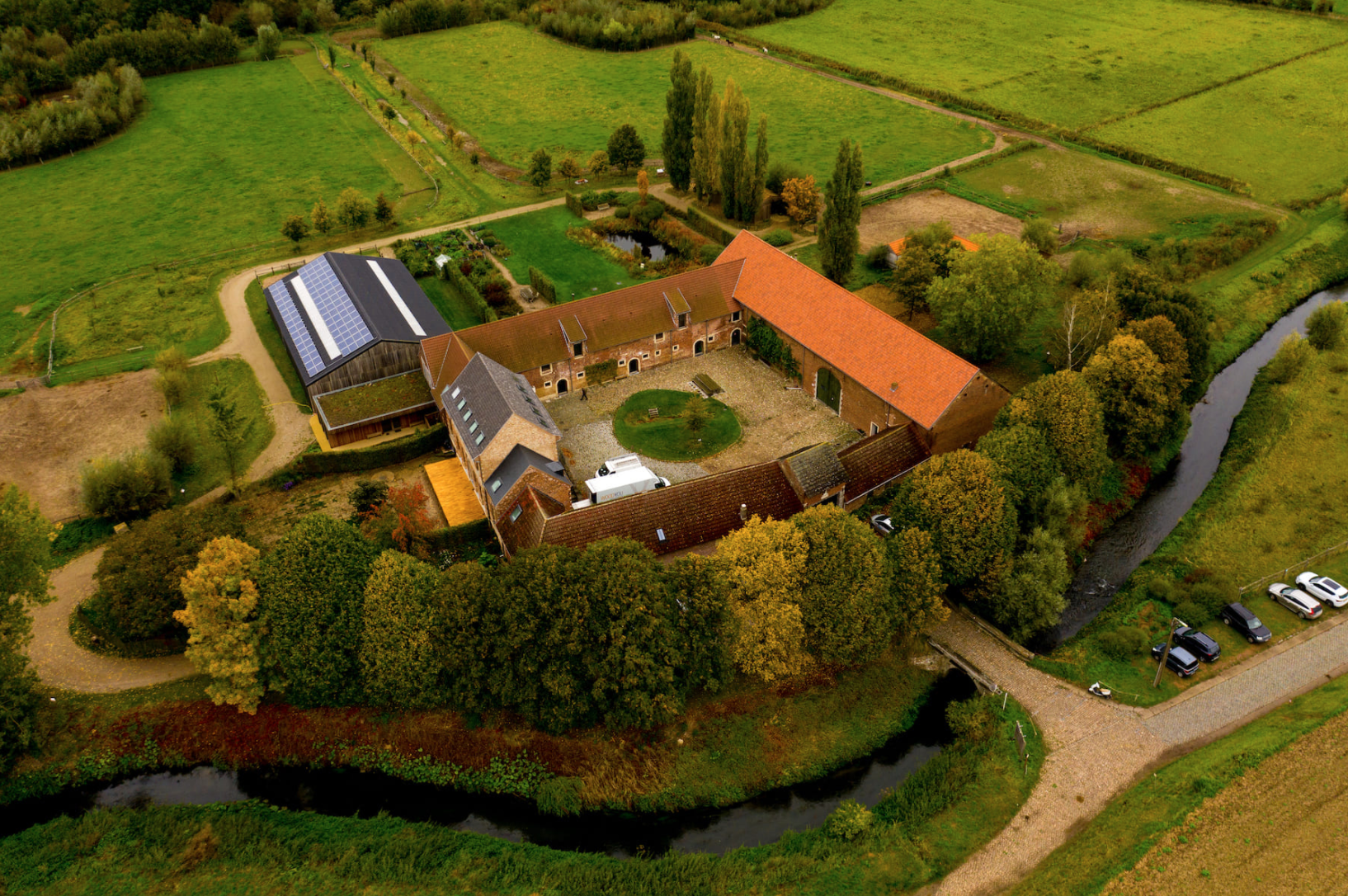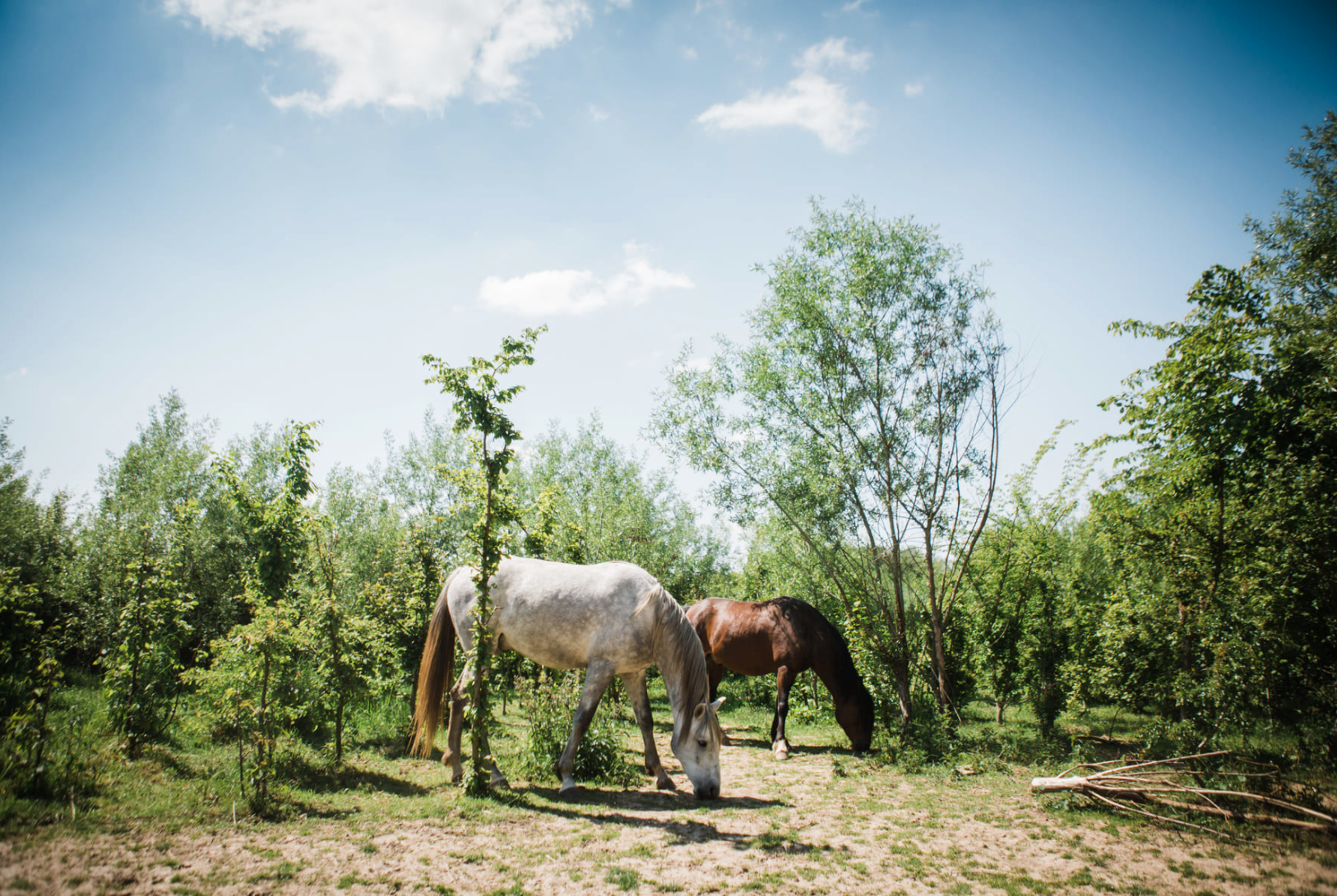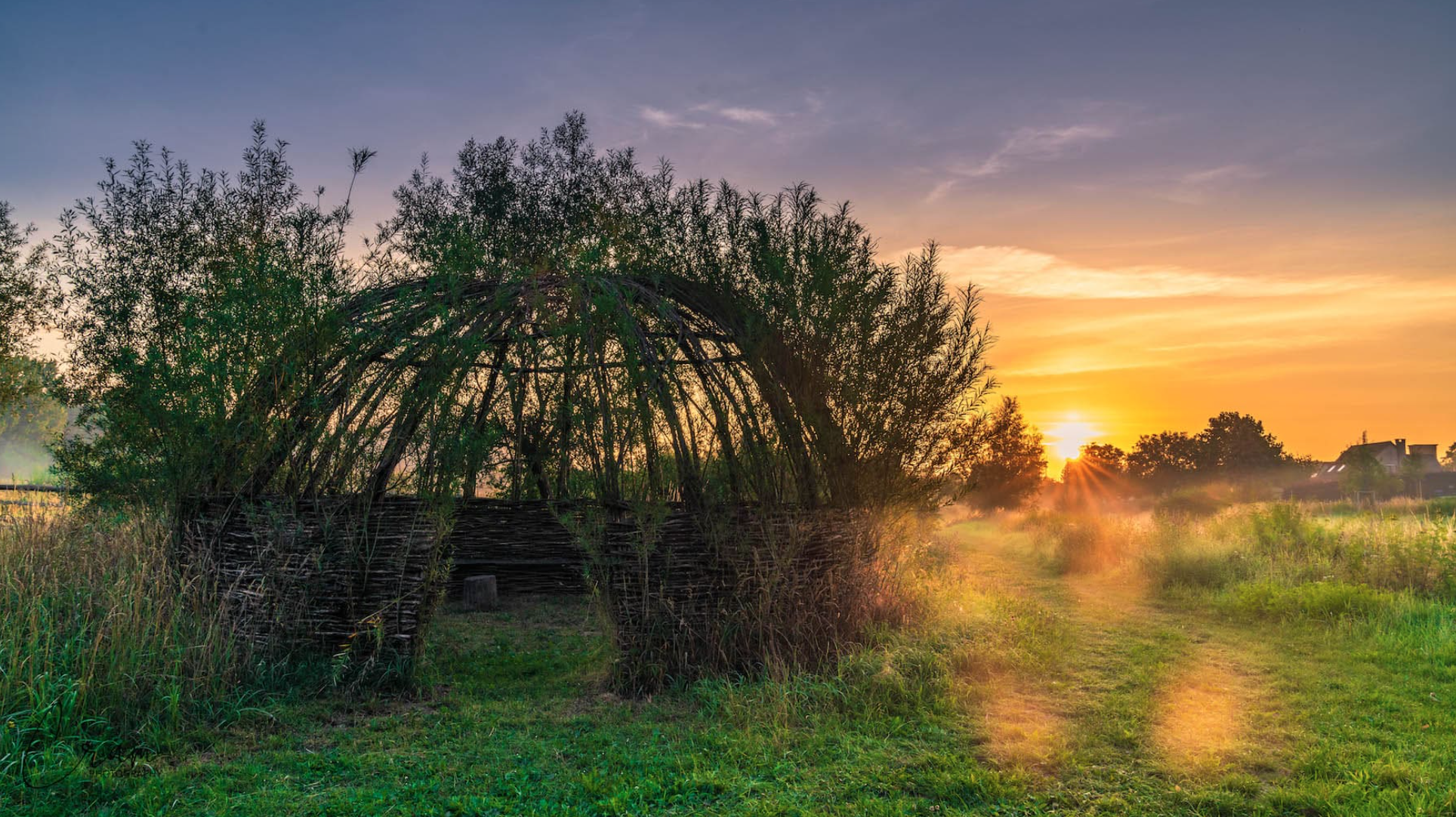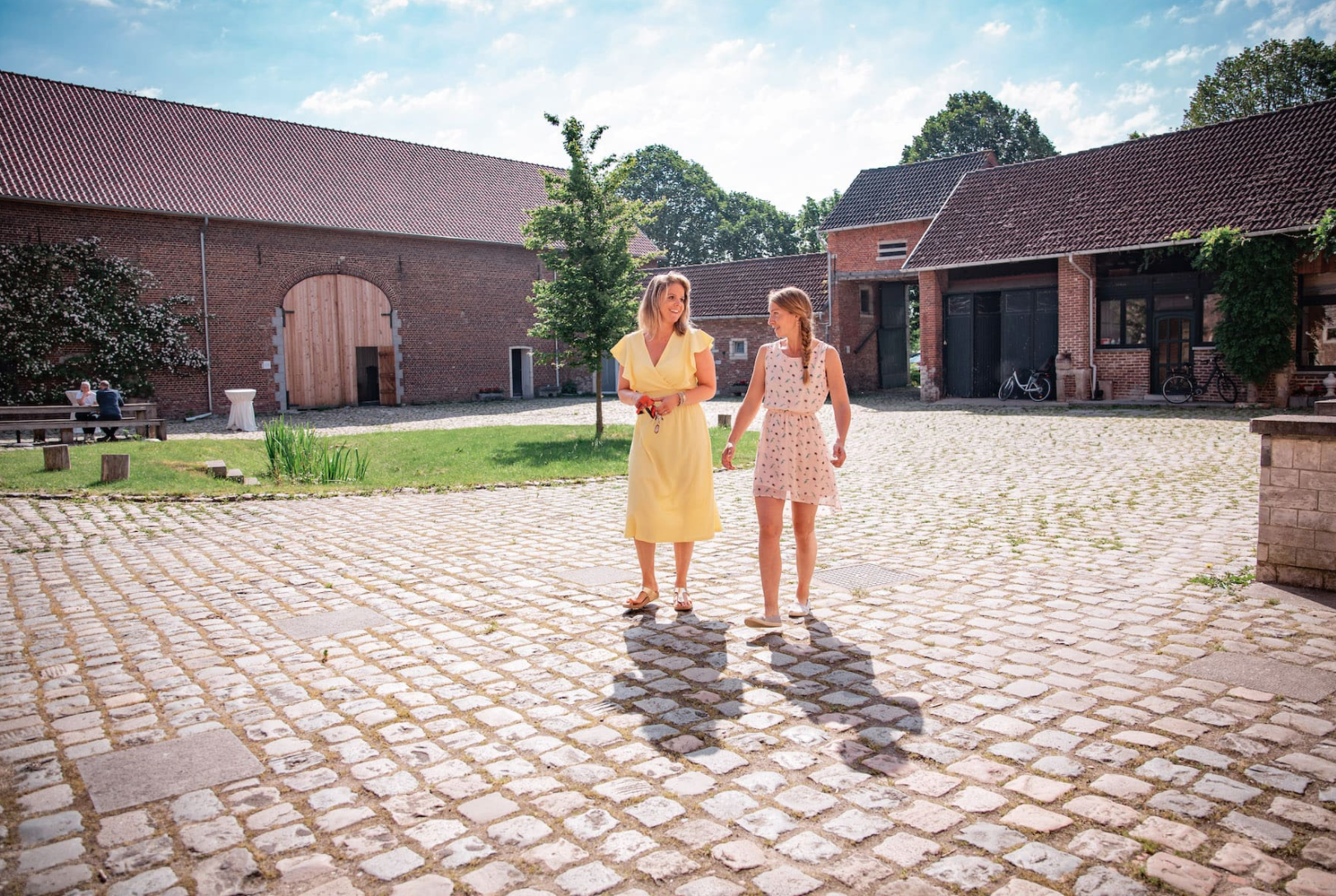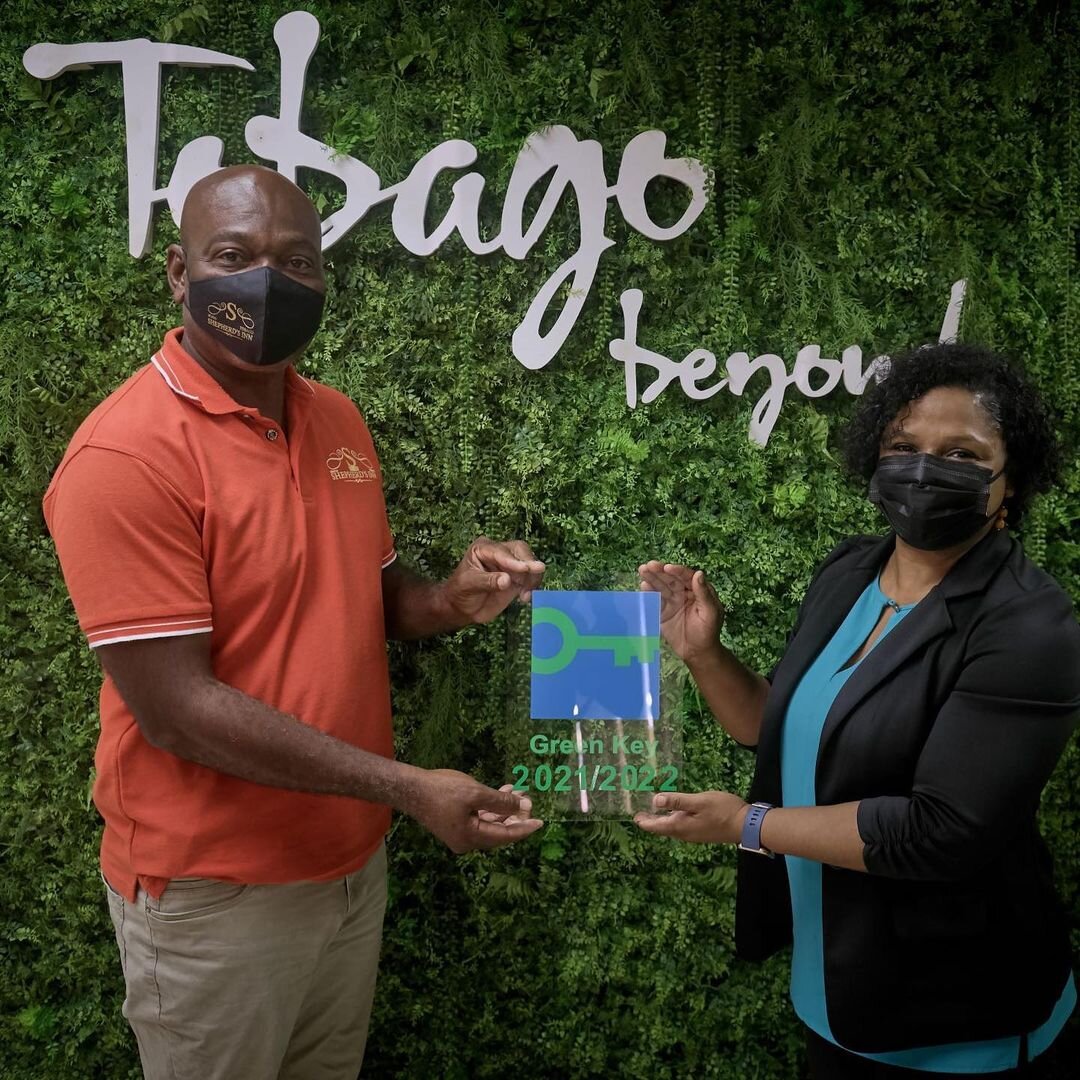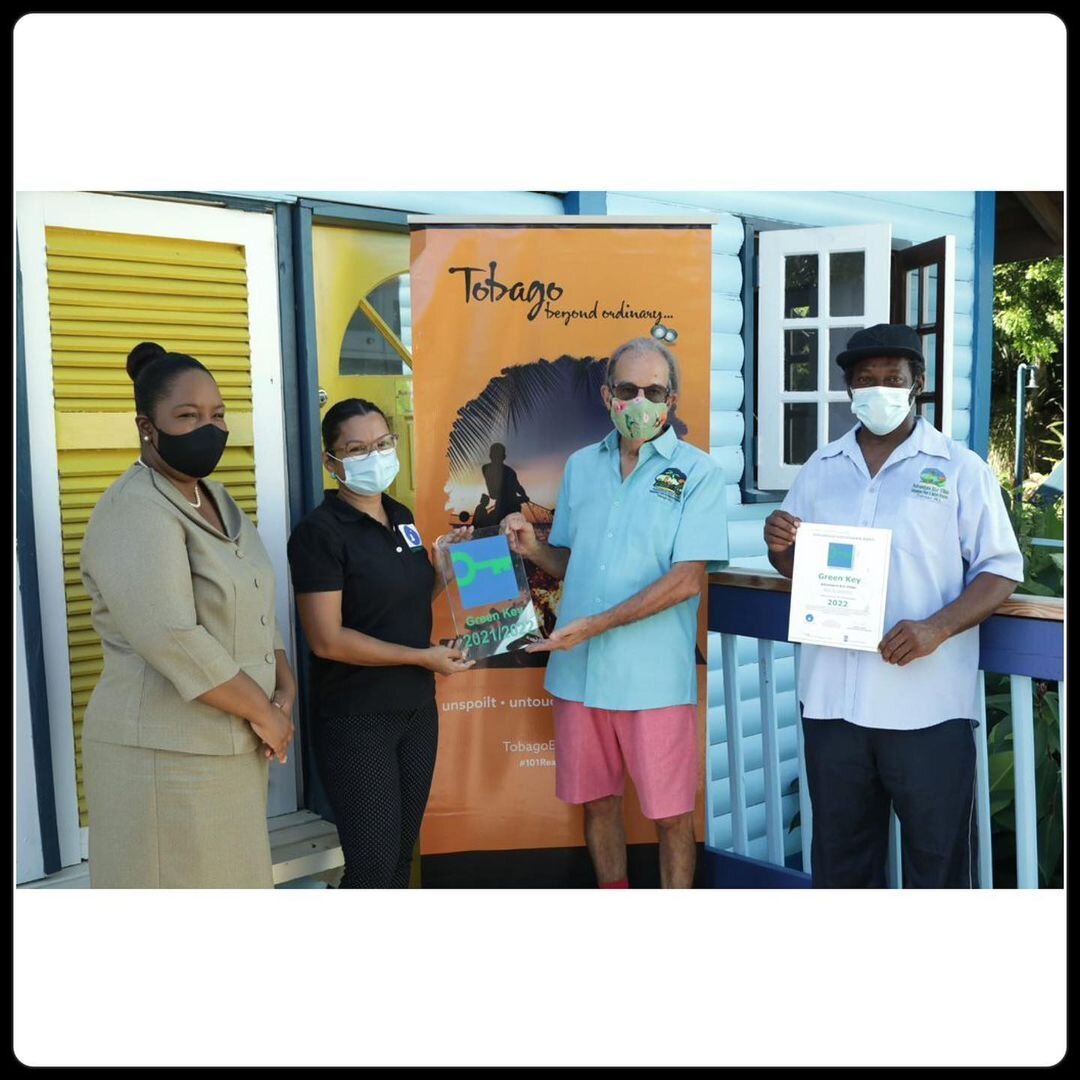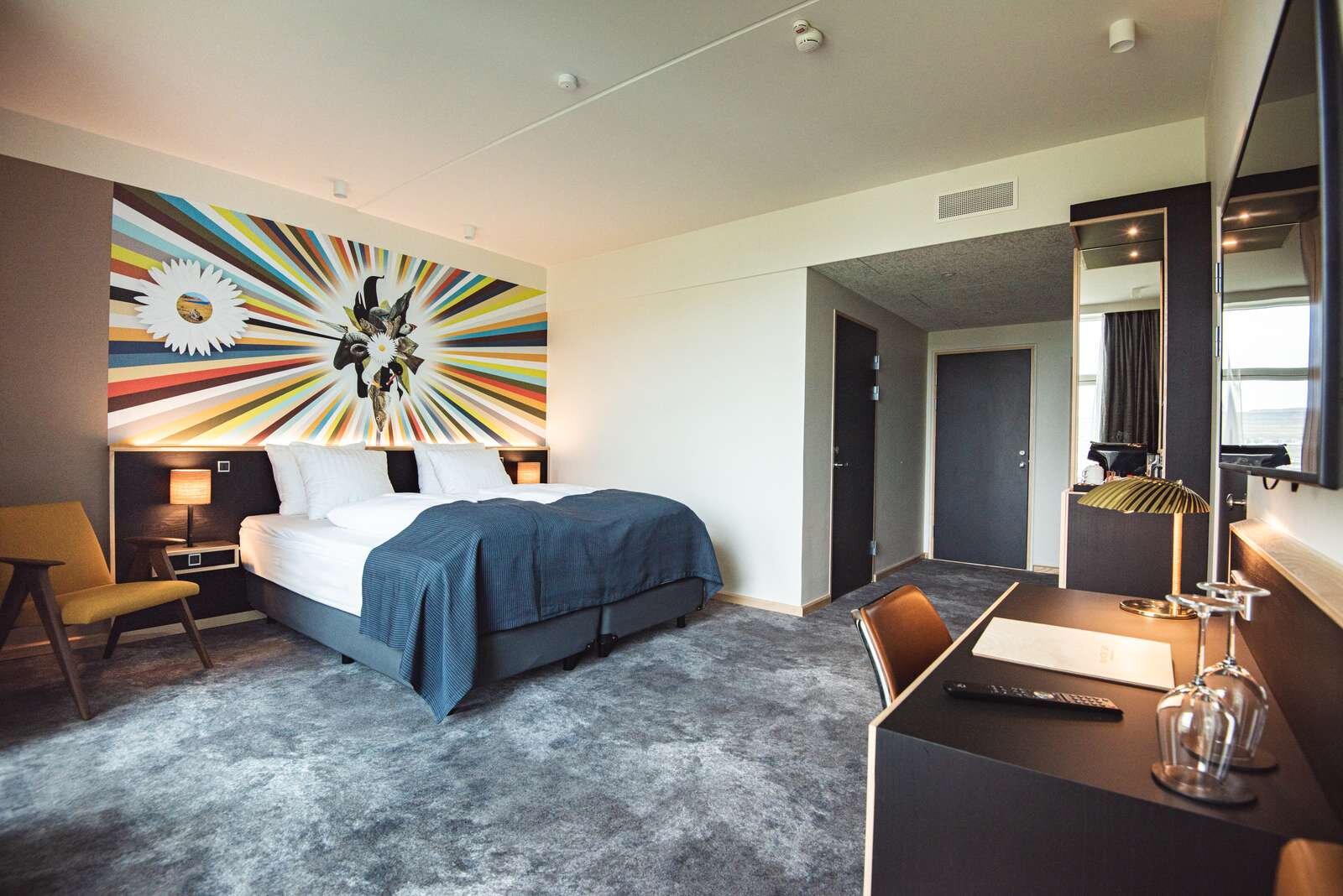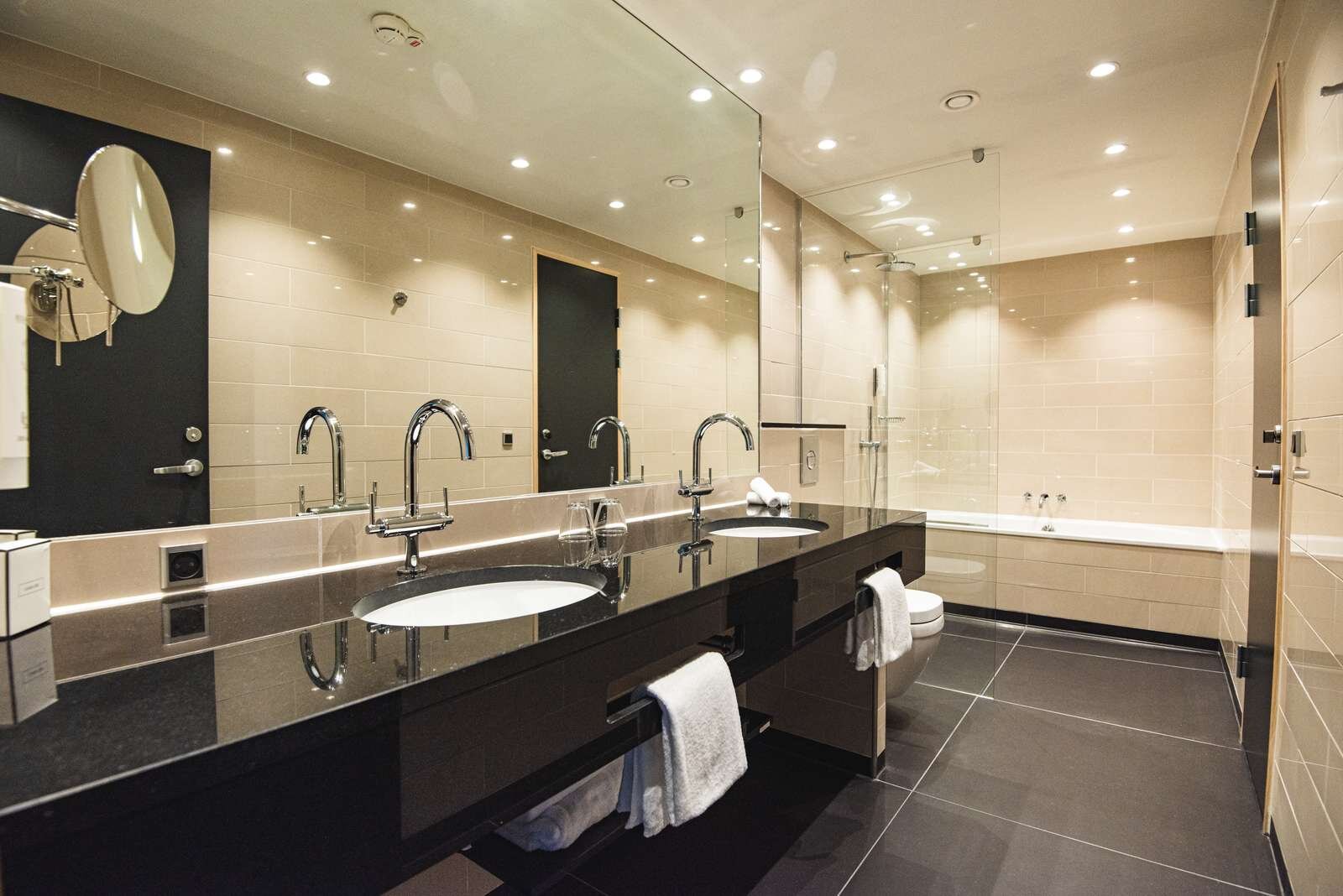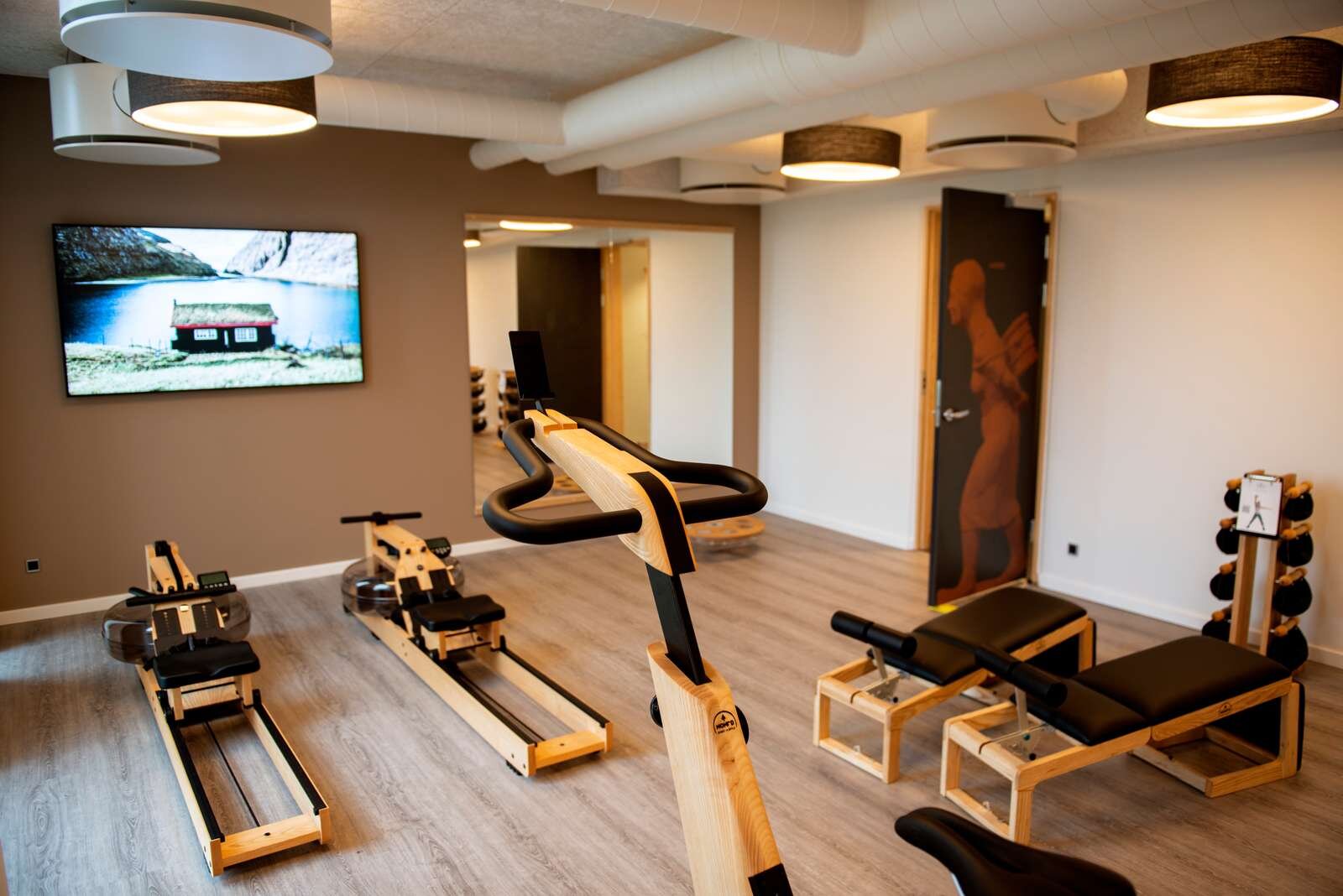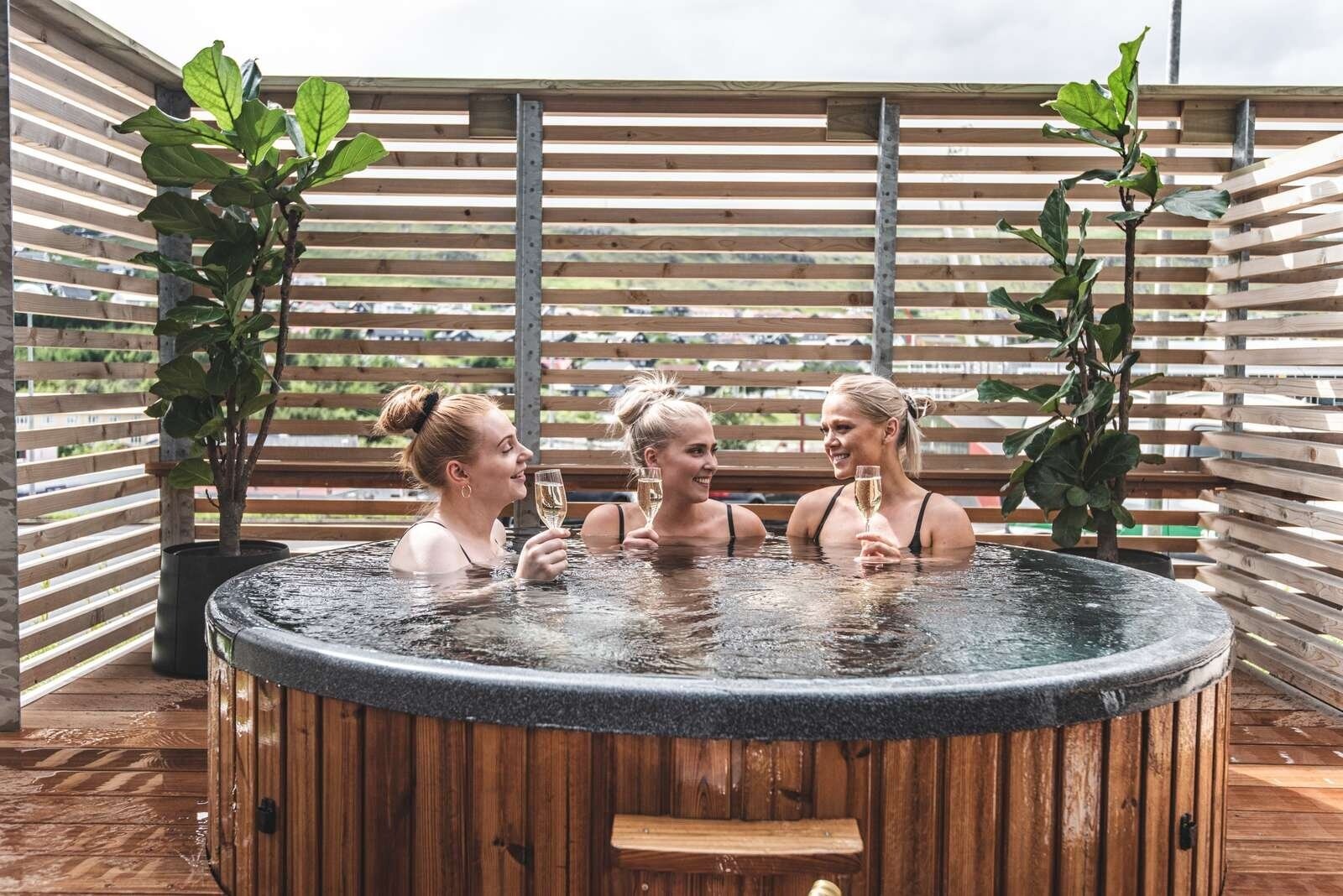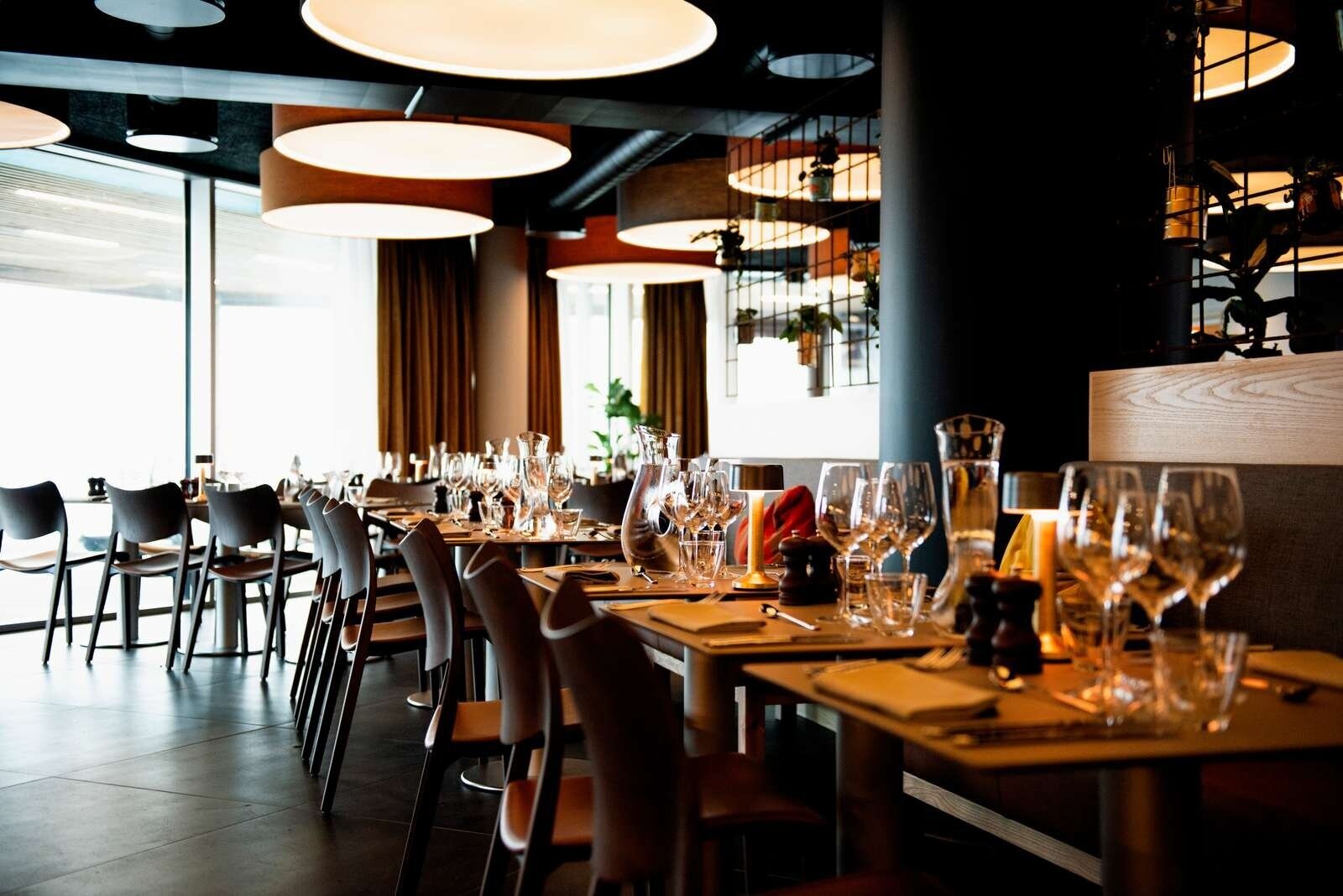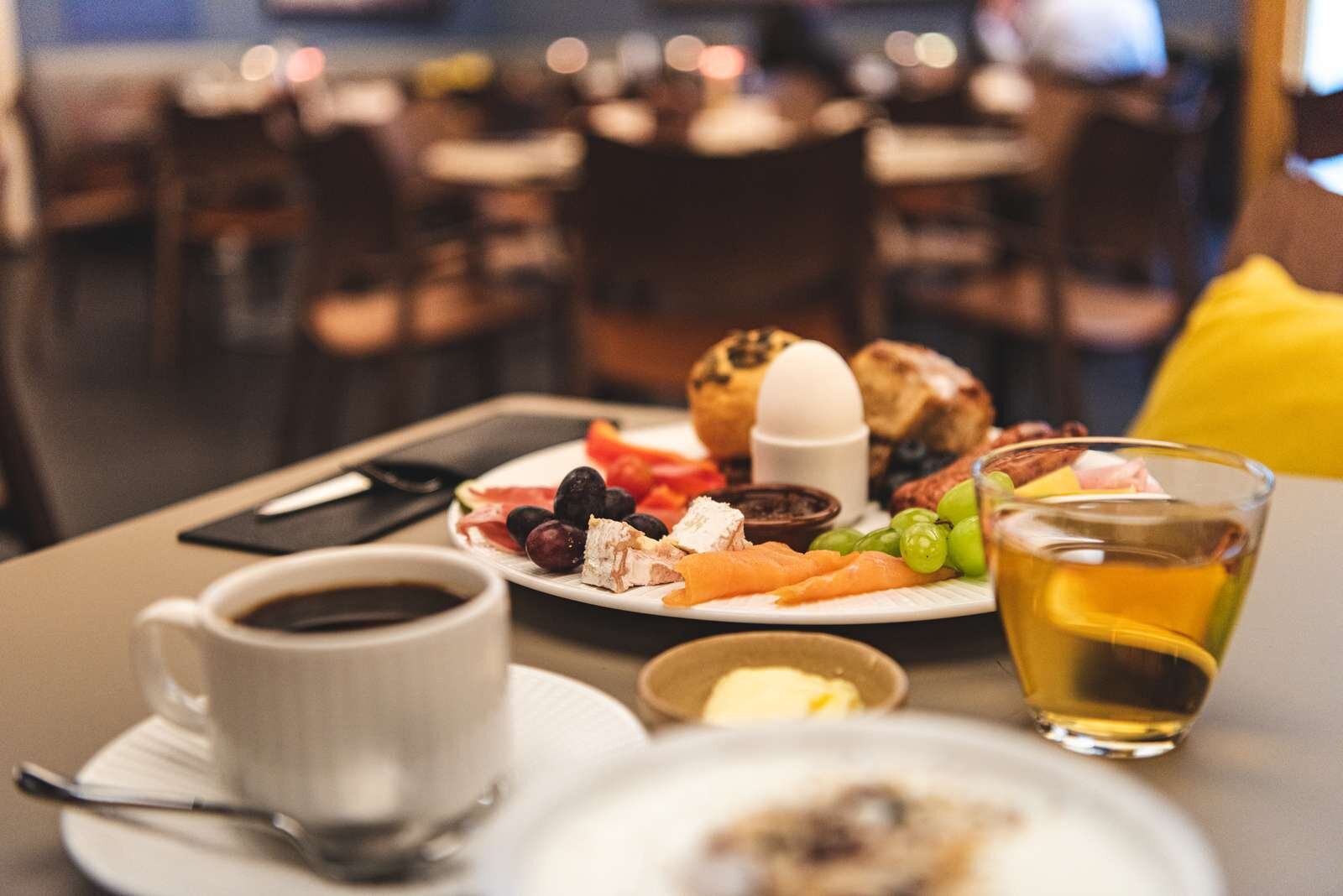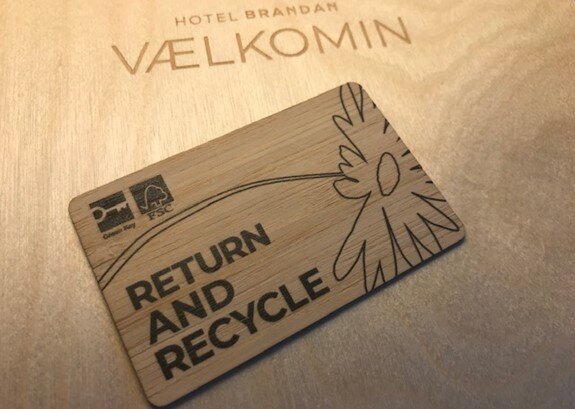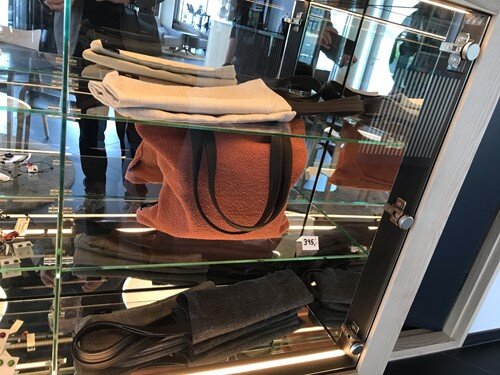An article by the Bulgarian Blue Flag Movement, FEE member in Bulgaria
When we heard for the first time at the Bulgarian Blue Flag Movement that a former school in the Bulgarian village of Devino had been transformed into what is probably the most sustainable restaurant in Eastern Europe, we simply couldn’t believe it.
As the Bulgarian full member and representative of the Foundation for Environmental Education (FEE) and its Green Key programme, the Bulgarian Blue Flag Movement has a long experience in sustainability certification. So after receiving the Dieci Boutique Restaurant’s application, we decided to check for ourselves whether this is real.
We analysed the entire business process of the restaurant according to the Green Key criteria - the world's leading eco-label for environmentally responsible tourism businesses.
Undoubtedly, the owners of Dieci, Chef Gianfranco Chiarini and Chef Anna Chiarini, have decided to turn sustainability not only into a moral thing to do, but moreover into their philosophy, lifestyle and passion.
Dieci Boutique Restaurant is blessed to be located in the heart of Bulgaria, among pristine forests that provide the game, truffles and hundreds of foraging treasures to the wonderful and innovative cuisine it offers to its guests. But it also provides its visitors with direct contact with the priceless nature of the country, which is an important requirement of the Green Key programme.
The remodeled building gives credit to the chefs and their philosophy, where the reuse of old materials and adapting rather than demolishing is sustainable in itself. But they went further by improving the building’s energy efficiency during the renovation and were very smart in the use of reclaimed wood for the floors, organic painting materials for the walls and everything in the villa and the restaurant, from the tables to the restaurant’s food is organic and fair trade certified - in line with the Green Key criteria.
What is most exciting is how they’ve turned an old abandoned school into something exceptional, where all traditional elements have been preserved, old furniture and tools have been restored and beautifully displayed. Watch a video about the duo and the restaurant.
The owners' day begins at 6:30 in the morning, when foraging from the forests brings the best of nature to their dishes, with pure and fresh aromas and incredible flavors that are unusual to a regular palate.
Their day continues with the vegetable garden and the fruit orchard where all the vegetables, roots, fruits and herbs are being provided to give way to the preparations for their exquisite dinners. This follows one of the guideline requirements of the Green Key.
Finally we get to the most crucial part of their sustainability philosophy. All the electricity and the water in the property is produced via photovoltaic panels (22 in total) and a deep well which goes as far as 63 meters below. All this makes Dieci, not only energy efficient, but 100% energy independent. The Green Key programme requires serious management of energy and water consumption, and Dieci has even built on this.
The cooking takes place at specific hours of the day where the use of special equipment is calculated by Kph in order to never enter the national grid and only use the flow of energy once the batteries are full. Then in the dark hours of the night the restaurant switches to batteries.
During the entire operation of preparations and dinners, every bag, every plastic, every little material that is metal and glass are separated as they go. Any left over food is placed into an Electronic Food Composter, that turns in 10 hours all the organic food waste into a beautiful organic compost that looks like earth soil. This compost is stored in natural jute bags and afterwards used in the colder months to grow in their nursery the small plants that will be planted at the end of May in the vegetable garden.
It is important also to state that for the small plants nursery, Dieci Boutique Restaurant has its own seed bank with different species and a sort of Bulgarian tomatoes that are as old as one century. Some species were considered lost and Dieci are happy to have brought them back. These wonders are to be enjoyed in the warm months of the summer, since Dieci not only consumes and grows local, but also seasonal.
Also Dieci has its own fermentation rooms, aging rooms and beehives to produce their own organic honey 100% pure and without any sugar. All the honey is the product of direct and unaltered bee to flower pollination.
During the entire food preparation any paper, plastic, metal or glass material is collected separately for future processing in their own recycling center, which has certainly become second nature to Gianfranco and Anna. Even for the experienced auditors of the Bulgarian Blue Flag Movement, the recycling measures seemed extremely impressive:
the glass is being collected and crushed in a special machine, then sent for processing, with no glass being thrown away;
the metal from aluminum packaging, cans and any other metal left-over is melted down in a special
machine and with the melted metal Dieci makes its own unique souvenirs for its guests;
the paper and cardboard are being shredded and left in recycled water from their rainwater collectors. The resulting material is used in a special press to make briquettes, which are utilized afterwards as organic fuel for fire in the winter.
plastic is being shredded in a special machine, then melted into molds with the form of a brick. A new recycling center will be built from the bricks produced.
All these incredibly smart and environmentally friendly activities are open to all restaurant guests, who can witness them during the short tour before dinner. This is part of the mission of Chef Gianfranco Chiarini and Chef Anna Chiarini to inspire them and teach them what true sustainability is. At the same time, it is an important element of the Green Key programme's education for sustainable development.
It is fair to mention that all the revenue from the sales of their handmade recycled souvenirs go back into the community: the funds received are used to pay local people to clean the village and the surrounding forests of plastic, glass, metal and paper, and to provide them for processing at the Dieci recycling center.
This last action closes the circle of sustainability by involving and teaching their community to think green and to reduce and reuse sustainably. In this way, not only is the local community supported, but it is also educated not to pollute, to collect waste separately. All this fully covers the social aspect of the Green Key programme.
But the most impressive thing is that, in addition to the culinary magic they create, all the maintenance of the building, the gardens, the bees, the trees, the fermentations, the aging of meat, game, reservations, accounting, marketing and social media and above all – sustainable management with care for nature is in the hands of Chef Gianfranco and Chef Anna Chiarini alone.
The certification and audit of Dieci Boutique Restaurant under the Green Key programme did not turn into a control visit, but into an exchange of experience and useful ideas, how to preserve the natural environment, how to run a tourism business in the most sustainable way with reasonable resource consumption and waste management with an undeniable positive economic effect, which enriched all parties. Dieci definitely stands out as an example that sustainability can also have a beautiful, luxurious, delicious and inspiring side, which should motivate other Bulgarian tourist sites to follow suit.
The sustainable daily activities of Dieci Boutique Restaurant cover all and even build on many of the Green Key criteria and hopefully the international guides will take notice that this petite place in the middle of paradise is not the product of coincidence, nor an accident. But the exemplary result of hard work, passion and ingenuity of two persons in the middle of nature, delivering the highest creative cuisine that Bulgaria has to offer with zero waste and the minimum impact to their surroundings.
Thank you, Gianfranco and Anna, for choosing Bulgaria as your home and for teaching us how to deliver the highest quality at the lowest cost to nature.
Due to the fact that the impressive green practices of this special place are not just sustainable policies and procedures, but a lifestyle and business style, a personal philosophy and credo, Dieci is the first restaurant to be awarded the prestigious GREEN KEY global award, not only in Bulgaria, but also in Eastern Europe.










